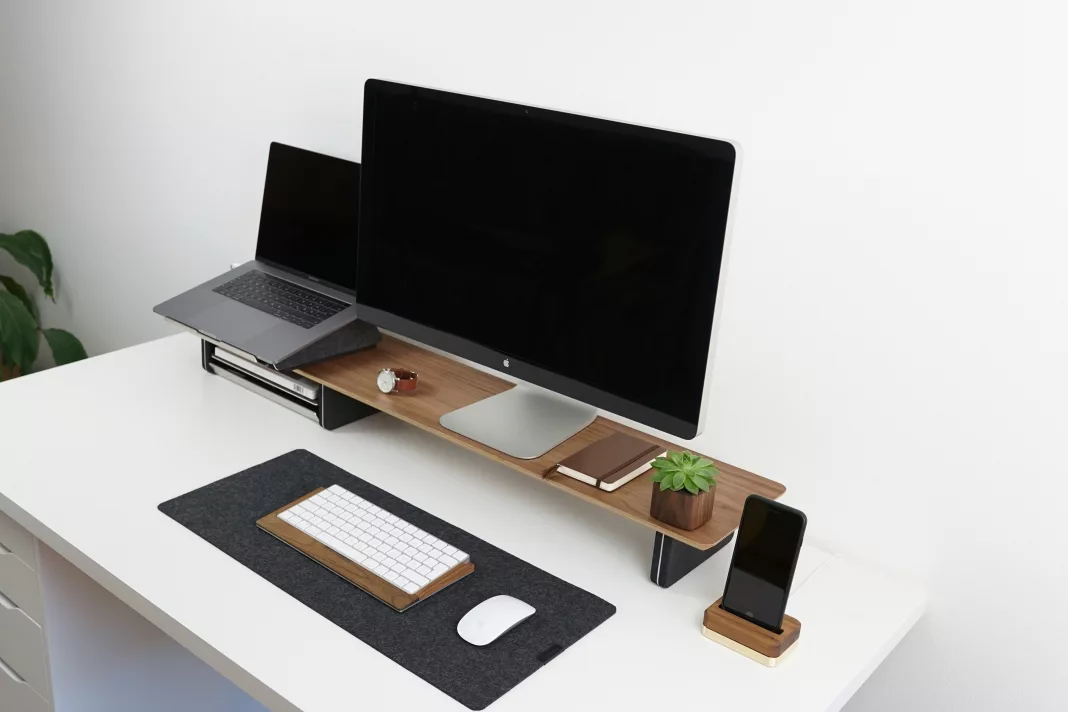While colleagues in other cities may be battling daily ‘desk jungles’, a new study reveals Newcastle as a haven of order and productivity.
Taking into account the UK’s top ten populated cities, more than a quarter (26%) of Geordies claim they have a ‘perfectly tidy’ main desk, whether that’s in an office or at home.
Employees in the city are also less likely to be negatively affected by their work environment, with just seven per cent noticing a change in their mood or productivity levels as a result of the state of their desk.
But that’s not all; the research of 1,000 Brits by marketing agency Repeat Digital reveals how Newcastle and Birmingham workers are least likely to have a large number of items on their desk.
One in five Geordies say they have fewer than three non-essential items on their desk, excluding common essentials such as laptops, monitors, mouse, mouse mats and keyboards – and 13% say they have nothing extra on their workstation.
“Our environment has the potential to significantly impact our mental state and productivity. A clean desk can reduce cognitive load, minimise distractions and promote a sense of calm and control, which is crucial for our well-being. When you couple this with the addition of desk items which positively affect our physical and mental health, you have a recipe for success.
Dr Rebekah Wanic, a mindset psychologist at Vent to Reinvent, comments on the findings
“However, there is research suggesting that being in a messy space can promote creativity and therefore may be connected with generating new ideas and problem-solving, while clean, neat spaces promote more rule following and prosociality.
“We know from this research that in a lot of other cities, where people have more cluttered desks, they may feel stressed or embarrassed by the state of it. If you find yourself on the messier side, I don’t think that’s anything to feel ashamed about – it’s not really a problem unless it interferes with others or with completing your own tasks. Social media is full of messages about how to do everything with someone claiming that one way of organising is better than another, or that a certain type of colour scheme is more optimal. Most of this is garbage! Individuals should experiment with what works best for them and their unique needs.”
Excluding plants and essential items, the ten most common objects to adorn Brits’ desks are:
Personal items bought by a friend or family member
Soft toys
Figurines and bobble heads
Trophies/football memorabilia
Rubber ducks
Fidget toys/stress balls
Lego
Pen holders
Picture frames
Calendar
In Newcastle, employees are least likely to stretch their legs at lunch, with 49% confessing to eating at their desk ‘every’ or ‘most’ days. However, Georgies do take their mental health seriously and are among the most likely to enhance their workspace with items which benefit their well-being at work. This includes personal photographs (42%), artwork (31%), real plants (27%), and fake plants (25%).




















